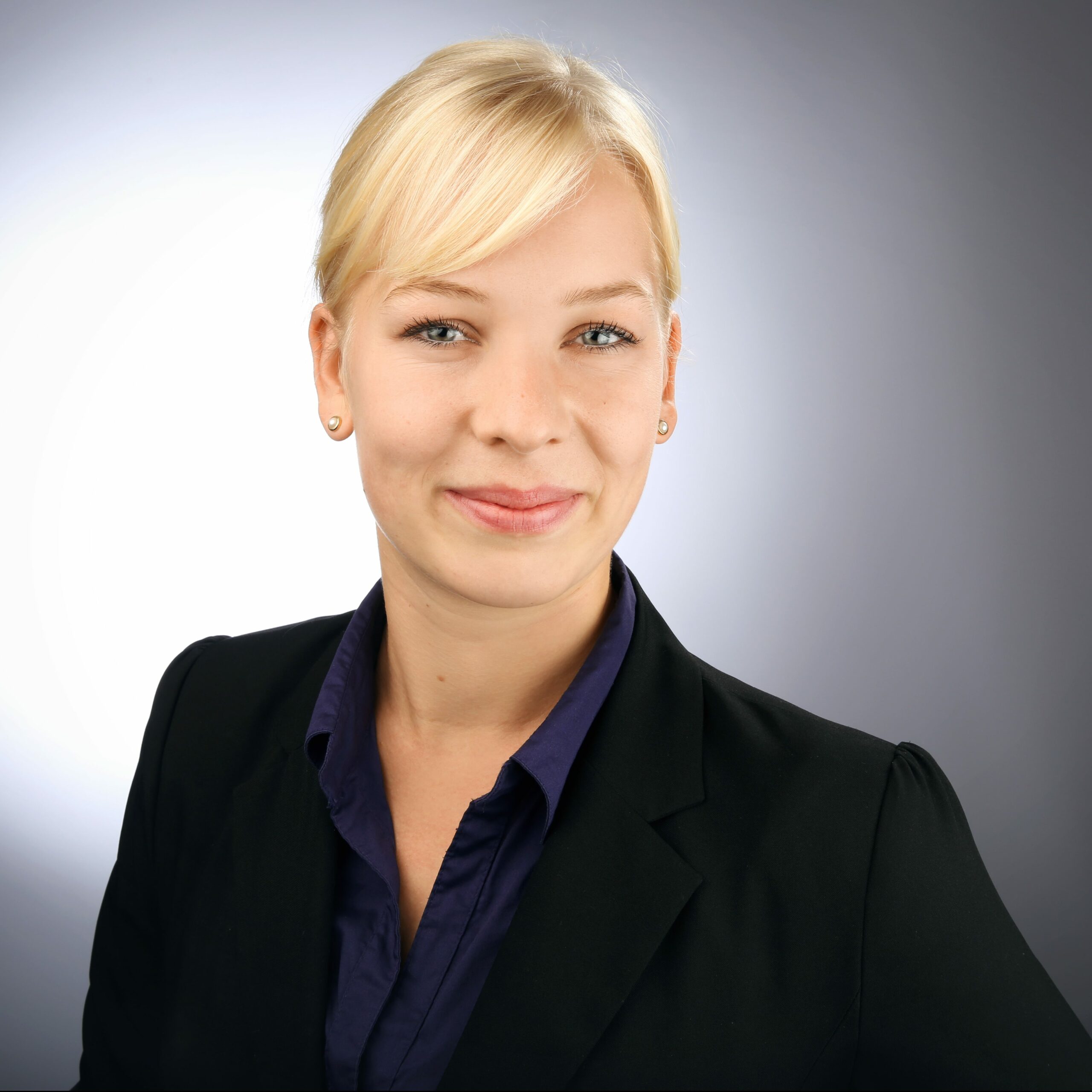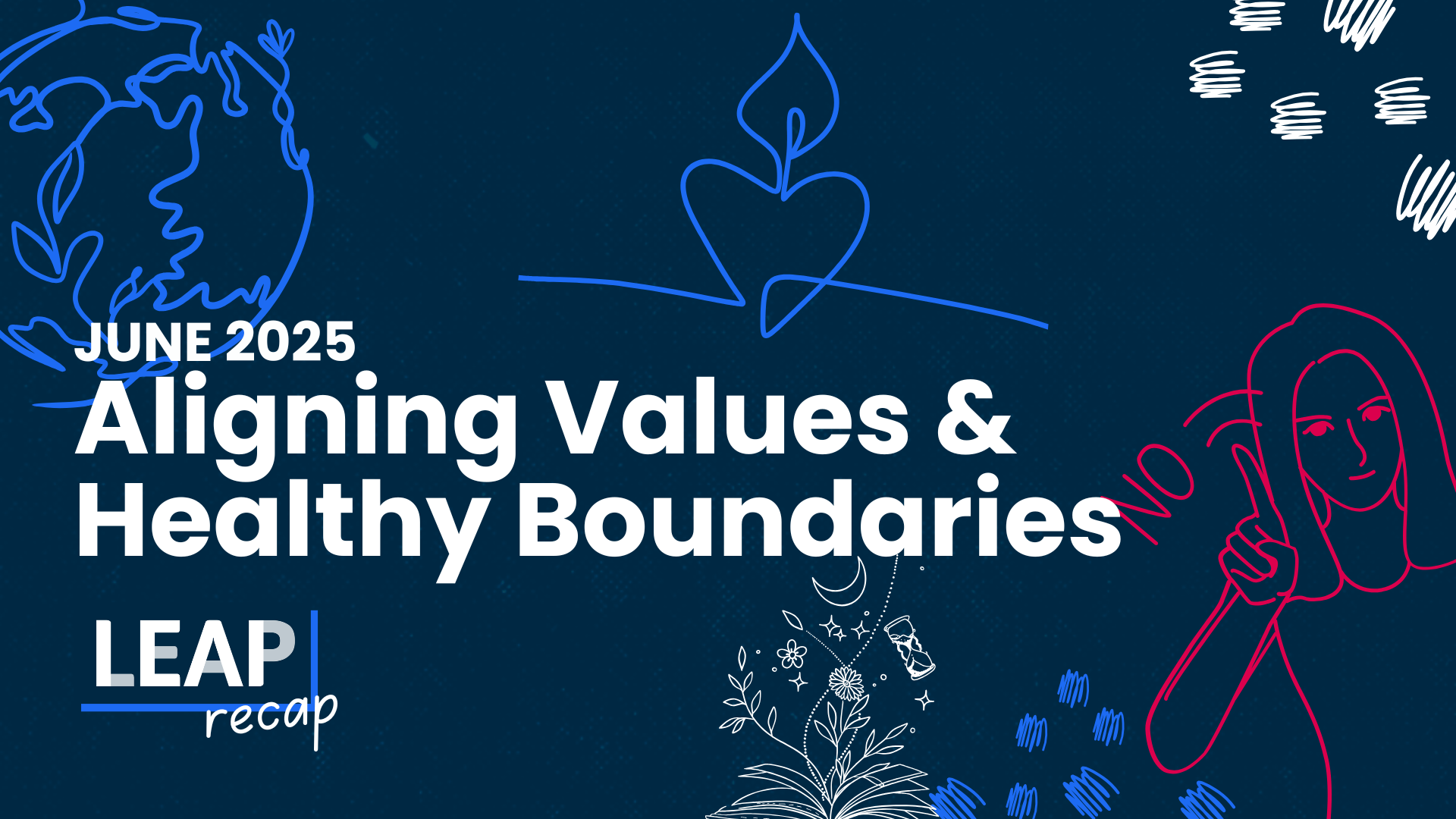
What is the matter of changing structures one might ask when hearing about the changes within oikos. To share her perspective on it Hannah, former oikos chapter president, active LEAP coach and Working Group member, decided to write this article. Therefore, she first makes visible what her perspective on the world is. She will mainly reference theory u which describes how social transformations happen and set this in relation to oikos and what might emerge within oikos. Finally, Hannah will conclude by pointing out why we all are needed for this.
I want to start with my perspective on the world that is inspired by different people I met in many different ways. What we see is an incredibly complex world with developments that on one end of the spectrum appear to be catastrophic, like climate change and how we collectively ‘deal’ with it. On the other side of the spectrum, we see positive developments like a rising consciousness about the challenges we face on planet earth and with this a growing social movement regarding the need of an ecologic social transformation.
As developments in our complex world happen nonlinearly, we cannot know what exactly will happen and cannot predict the future. Nevertheless, what is recognized more and more is that the challenges or problems on earth did not just fall from the sky. The global problems we face – climate change, species extinction or human rights violations – are ‘just’ the symptoms of something that lies deeper. If we observe how our society operates on a large scale, we see that we do not work collectively on the root causes of these problems. In regard to climate change and species extinction, this is, why so many people all around the earth are joining the Fridays For Future Strikes or the Rebellion Wave from Extinction Rebellion. Their shared message: we need to change systems and root causes – not only superficial symptoms.
But what does this mean and how can we change something at all? I think, first, we need to understand that with our actions, including our thoughts and words, we create the reality we see – individually and collectively. And because it is easier and most of the time also helpful, we tend to follow existing, reactional patterns instead of changing our behavior every time.
We might call these patterns structures. They exist on the societal, organizational and individual levels and are created by us – from continuously acting this or that way, through navigating and choosing certain paths. From my perspective, most of us do not yet act in a way that fully respects the consequences of our actions, not even the ones that clearly can be foreseen in our complex, non-linear world. Here is our first blind spot: the disconnect between our created structures and the systemic reality of our earth and its needs.
To understand the origins of this ‘structural disconnect’ we need to dig deeper into the paradigms that are anchored in our society’s thinking on the societal, organizational and individual levels. One well-known example is the belief that enough economic growth will solve all our societal problems. Although quite questionable, given the fact that growth goes along with higher consumption of the limited resources of our only planet, the paradigm is still influencing, if not dominating, our reality.
If we dig deeper into the source of our activities and social reality creation, there is another blind spot next to the structures and paradigms: the inner place from which we operate. This is related to our intention and attention from and with that, we individually and collectively perceive and create. How open and present are we to what really is going on in every situation? Can we update our ideas or are we stuck in one belief – how are things? If we act, is our intention influenced by fear or courage? You might have already noticed differences in your behavior when you are open to what really happens in contrast to when you are more closed and stuck in old beliefs that do not match anymore with reality. I do not want to go deeper here but if you e.g. join the LEAP track you surely will get to know some practices that are related to our intention and attention.

But why do I talk about this at all? I do talk about it because what we produce, how we produce it and from which inner place we do it is not separable. As Scharmer/Kaufer (2013: 19) say: “We cannot transform the behavior of systems unless we transform the quality of attention that people apply to their actions within those systems, both individually and collectively.”
And so – from this perspective, we all are asked to practice and observe how we pay attention. We can practice our way of perceiving the world out there and within us and decide whether we get stuck or whether we open up to what wants to arise new within and between us and perceive a broader perspective that is non-judgemental and tries to see and understand the world from different angles.
Personally, my experiences convince me more and more that the exterior world is the mirror of our internal world. Following this, I see the necessity to understand better what happens within us and ‘out there’, how this is related and what wants to emerge through us. For this, practicing being present and listening deeply with an open mind, heart and will is essential.
To reconnect this rather theoretic discourse with oikos, its practices and the desired changes in the oikos structure, let us have a look where it started. oikos was founded in 1987 in St. Gallen and arose out of a committee of economic students that saw the need to integrate environmental concerns into economics. From a local initiative oikos begun to ‘go international’ from 1998 on and by now about 50 chapters exist around the world. While there are quite some international, national, regional and local activities in the last years, members of the local chapters and oikos international observed and reported that the local and international activities felt a bit loosely coupled and disconnected. That rose the question of how we can leverage the full potential of our network. This is why the Governance Working Group was established and proposed a new Governance model in 2018.
Following this, the Restructuring oikos Working Group started its job with the intention to shape a structure that allows and fosters a more interdependent way of interacting – between the board and the members, between the different chapters and where thematic and other synergies can be realized. The structure proposal was presented to and approved by the community in March. After this, the IT infrastructure was adapted and optimized to support simple and clear interactions between individuals, chapters and oikos International.
What happened till now, is from my perspective just the beginning of what might be an opening process for oikos, an opening process to the diverse needs within and beyond oikos – to the needs of our interdependent world.
“If we see leadership as the capacity of a system to co-sense and co-shape the future, then we realize that all leadership is distributed – it needs to include everyone.”*
And this is what I believe we at oikos can and need to practice further – how we can realize that everybody is included? With this I mean: how can we ensure that we act from a perspective as broad as possible so that we do not miss certain perspectives – as e.g. in economics our natural regeneration capacity is not enough respected or women and care workers that are still structural disadvantaged in our current social reality. From my experience, we do have quite a high sense of awareness of the diverse forms of structural discrimination within oikos.
I believe it is now up to all of us to practice patiently forms of relating that are less exclusive and more inclusive to the needs of ‘all’ – also within oikos. A question that might provide us some guidance in this process is: What is it that wants to become alive within us, within oikos and beyond in the face of the worldwide challenges?

To find collective answers to this, I want to invite all of us to practice listening when hearing an answer to this question – listening to what we hear, see and feel and then exploring what we get to know from this beyond our own current believes and perspectives.
This might lead to new questions that may feel provoking to our current belief, like for example “What is the role of management and executive board in an organization if we see leadership as something that is distributed and that needs to include everyone?”
I am excited and curious about what is coming while also acknowledging that we might ‘fail’. And that brings me to what I want to conclude with: Let us try out what we believe or sense is the right thing to do from moment to moment, let us learn from all those experiences we make and let us give our best. And last but not least, let us remember to be kind to ourselves – we cannot force change, what we can do is to open up to the changes that come naturally as we open our hearts, minds, and will.
###
I want to give thanks and acknowledgment to Sophie, Mariam and Sebastian who with their comments helped me to write this article as it is now.
If you have some thoughts you want to discuss with me, feel free to contact me. I am very interested in your opinion.
*copied from http://book.ottoscharmer.com/
Below you can find some links and books I want to share with you.
Scharmer, O./Kaufer, K.: Leading from the Emerging Future. From Ego-System To Eco-System Economies. (Some chapters can be downloaded here: https://www.ottoscharmer.com/publications/books). Side fact: I got to know this book from a former oikos president of the Paderborn chapter which then became a lecturer at university.
u.lab – this is an online (to offline) course where you can practice the findings of the work of a interesting team as an introduction to leading profound social, environmental and personal transformation: https://www.edx.org/course/ulab-leading-from-the-emerging-future.
If you are interested in different forms of listening you can e.g. have a look here: https://www.presencing.org/resource/tools/listen-desc.
Rosling, H.: Die Welt wird immer besser (https://www.faz.net/aktuell/wirtschaft/die-welt-wird-immer-besser-32-gute-nachrichten-15524076.html) It’s an article in German. Sorry to the non-German speakers. He published a book called factfulness – haven’t read it but maybe you want to have a look on it.
Laloux, F.: Reinventing Organizations: https://www.reinventingorganizations.com/. Haven’t read it fully but it is still on my want to read list and from what I read till now quite inspiring.
A movie that inspired me some years ago: Tomorrow: https://www.tomorrow-documentary.com/.
A lot of inspiration I got also through this project / activities and finally the people involved there: Visionen für die Zukunft (in English it means ‘visions for the future’) and the LEAP programm.
Edutopia: Summer school in 2018 organized by oikos member, which will take place again in 2020.
And as the Curriculum Change Initiative is dealing with transforming old Economic paradigms in university courses, this might be something as well to have look at or get involved in if you are interested in it.



